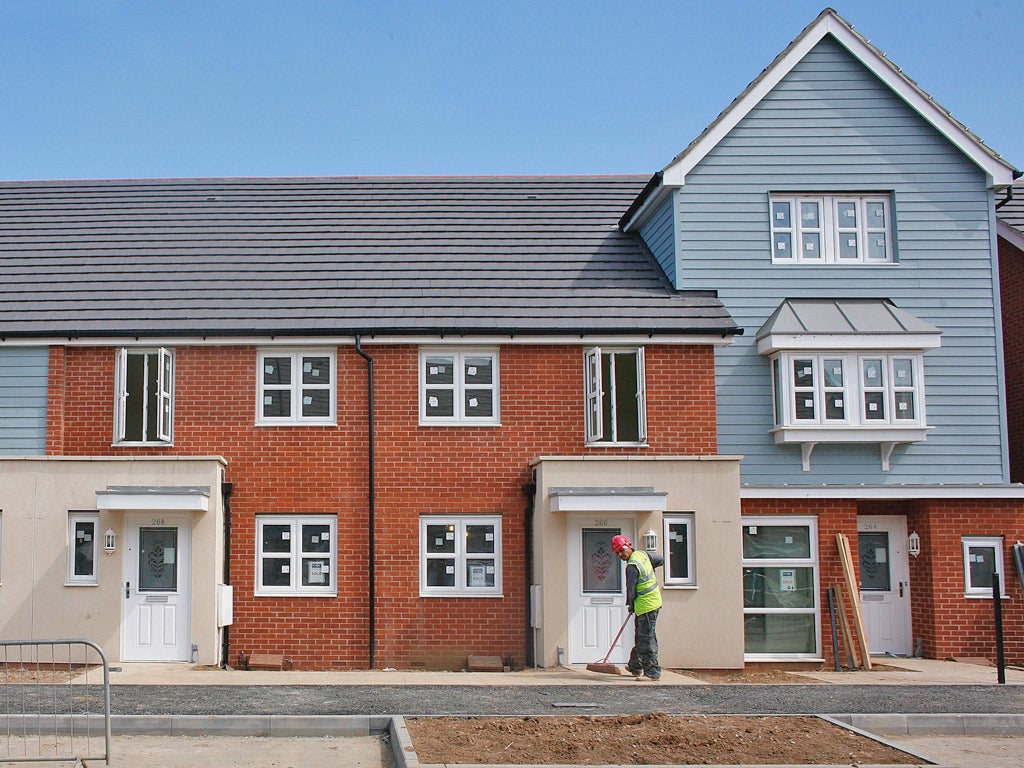Is it me or are we all getting selfish?
It's official: we're becoming a nation of Nimbys who won't pay for ethical goods or social welfare. Nigel Morris on how we reverted to the (very) mean

With little but economic gloom on the horizon, David Cameron likes to appeal to Britain's better instincts, insisting: "We're all in this together." Whether the average citizen is listening to the Prime Minister's entreaties is open to doubt: Britons appear to be more selfish and less interested in the common good than ever before.
The latest British Social Attitudes report suggests that levels of altruism are falling in these straitened times. People are hostile to housebuilding in their neighbourhoods, less likely to make personal sacrifices to protect the environment and increasingly resistant to paying more for hospitals and schools.
They are also sceptical about the Government's ability to change things for the better, with a growing belief that is down to individuals to sort out their problems for themselves. Support for tax rises to boost spending on services such as health and education has fallen to 31 per cent – half of the 63 per cent of people in favour just nine years ago.
The number willing to pay higher prices to safeguard the environment, such as by buying Fair Trade goods, has fallen from 43 per cent in 2001 to 26 per cent today, while the proportion prepared to pay more tax for the same reason is down from 31 per cent to 22 per cent.
Researchers also uncovered evidence of an entrenched "not in my backyard" mentality over housebuilding, with 45 per cent of people opposing any new development near them, compared with 30 per cent in favour. Opposition is strongest in areas where property is in shortest supply – 58 per cent in outer London and 50 per cent in the South-east of England.
The survey, now in its 29th year, acknowledged that three-quarters of the public believe the income gap between rich and poor is too large. Yet only 35 per cent believe the Coalition should redistribute more to lessen the disparity.
Paradoxically, 54 per cent of the public believe jobless benefits are too high and discourage the unemployed from finding work, up from 35 per cent in 1983, the first year of the survey. And although people were concerned about child poverty levels, 63 per cent pinned some of the blame for the problem on parents who "don't want to work".
The survey, by the independent social research institute NatCen, found Britons increasingly relaxed about private healthcare. In 1999, 38 per cent said it was wrong; today the figure has fallen to 24 per cent.
45 Percentage of Britons who oppose any new development near their homes. In outer London the figure is 58 per cent.
26 Percentage of people willing to pay more for ethical goods to save the environment – down from 43 per cent 10 years ago.
Join our commenting forum
Join thought-provoking conversations, follow other Independent readers and see their replies
Comments
Bookmark popover
Removed from bookmarks